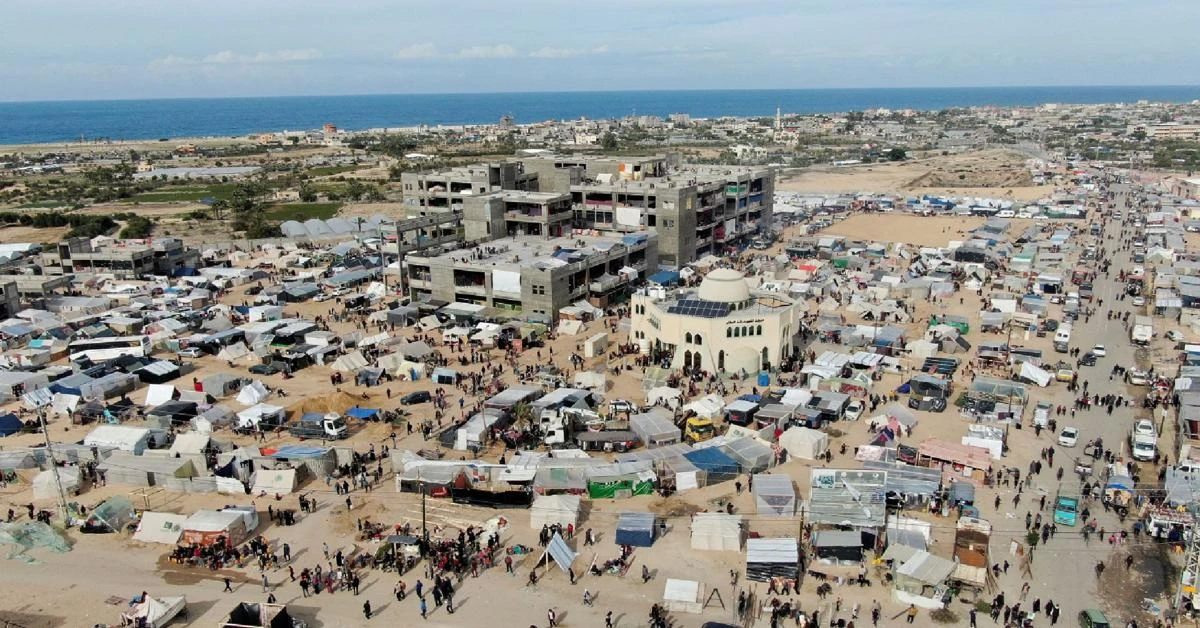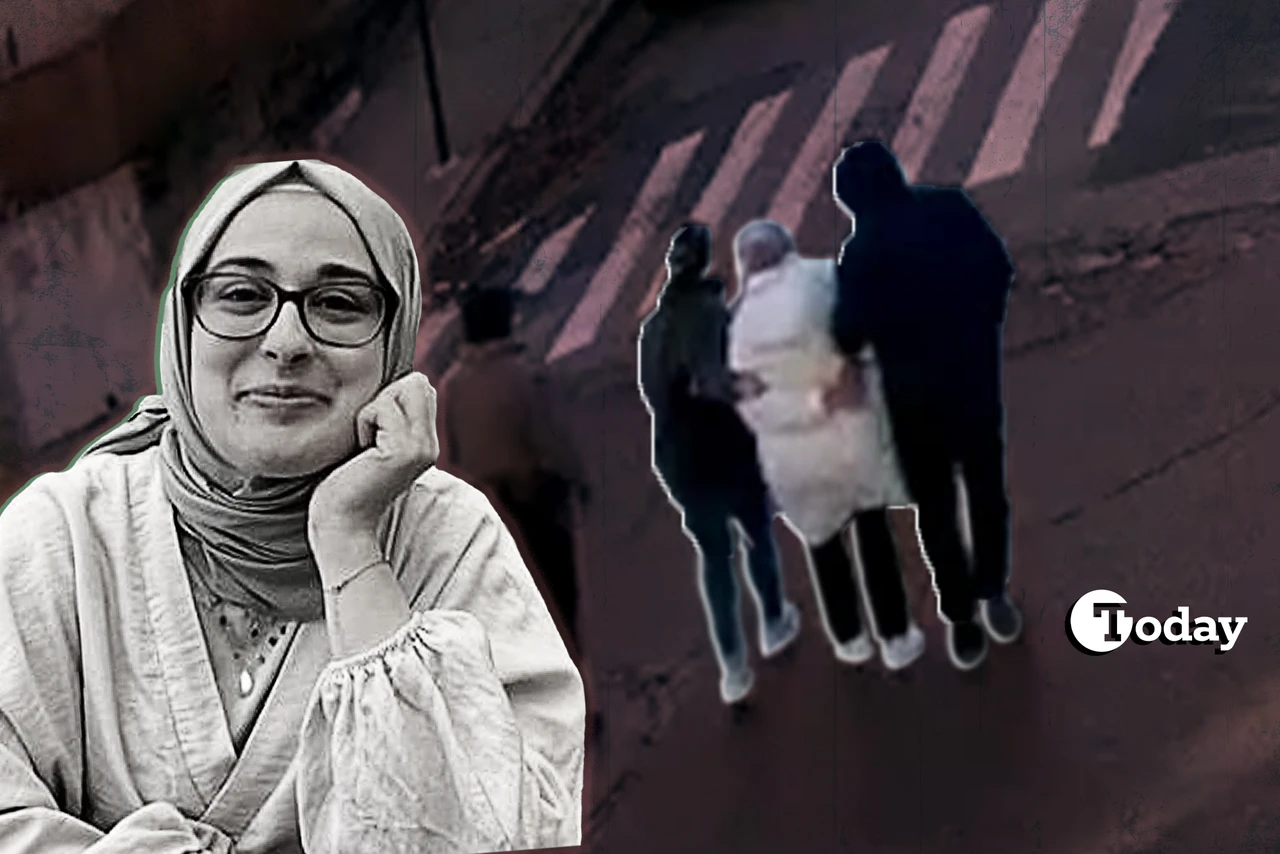Insights on Israel’s pending strike on Rafah from leaked US cable

The cable cautioned that an incursion could lead to ‘devastating humanitarian outcomes, such as widespread civilian deaths, significant displacement of people, and the breakdown of current humanitarian aid efforts’
Amid growing protests against a potential invasion of Rafah and international appeals for a ceasefire in a conflict labeled as potential genocide by the International Court of Justice, Israel’s actions in Gaza have resulted in over 30,000 deaths, 85% of the population displaced, and a famine claiming children’s lives due to starvation and dehydration.
The Biden administration is under increasing pressure domestically to halt the assault. Despite this, a leaked cable revealed that Secretary of State Anthony Blinken did not definitively oppose a Rafah invasion during a meeting with Israeli War Cabinet Member Benny Gantz. Blinken emphasized the need for a feasible humanitarian plan before any major military operation in Rafah to protect civilians.
However, the cable’s stark language suggests doubts about the feasibility of such a plan, stating that there are currently no viable evacuation options for the 1.5 million people in Rafah. The population in Rafah, comparable in size to Syracuse, New York, has increased significantly since the conflict began, with many residents having nowhere else to go following Israeli military directives to flee southward.
The cable warned that a potential military operation in Rafah could lead to mass casualties, particularly among vulnerable populations such as the elderly, internally displaced persons, and those with limited mobility. The existing dire situation in Rafah, exacerbated by Israel’s bombing campaign, has overwhelmed the region’s health system and led to escalating panic and social disorder.
Journalist Heidi Moore described a potential invasion of Rafah as “horrifying” and “psychopathic,” echoing the cable’s assessment of catastrophic consequences. The document, shared with key U.S. government agencies, including the State Department and the CIA, highlights the urgent need for a credible plan to protect civilians in Rafah, a condition that the U.S. has not seen met according to USAID Administrator Samantha Power’s previous statements.
Source: Newsroom



